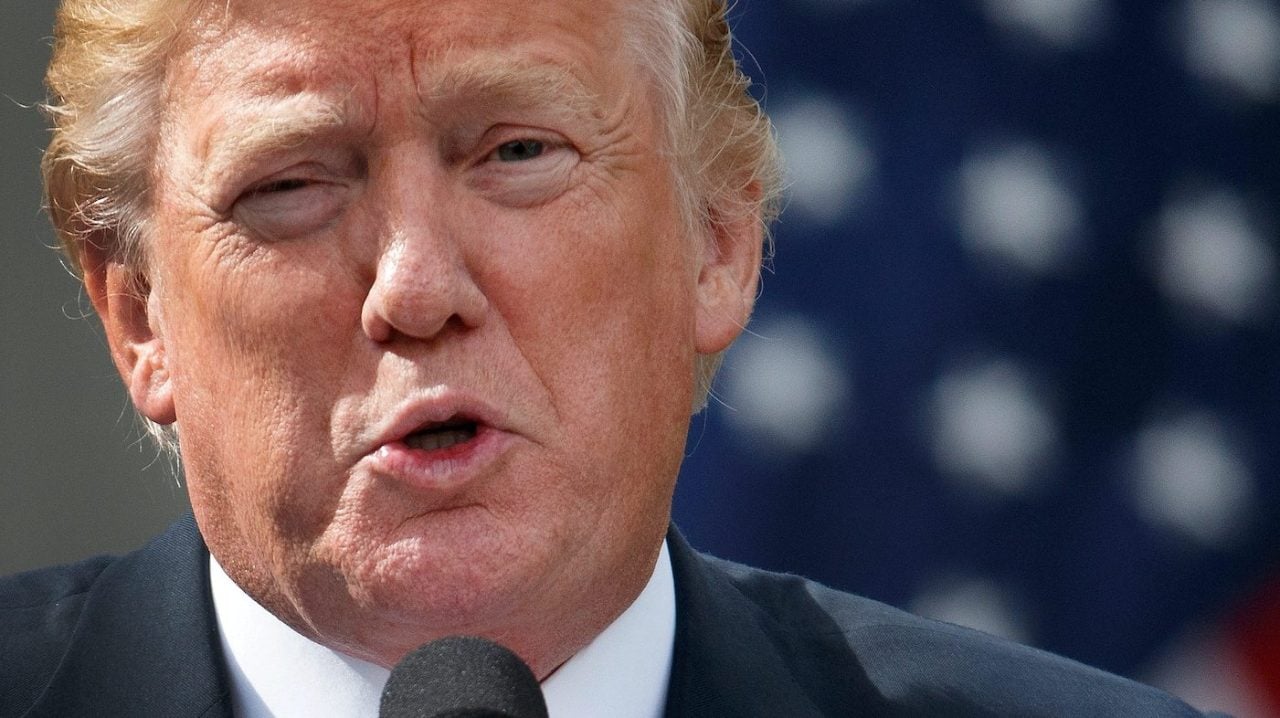Tax cuts and pandemic relief measures enacted during the Trump administration added $8.4 trillion to the national debt over the 10-year budget window, according to a study released Wednesday by a top budget watchdog group.
Discretionary spending increases from 2018 and 2019 added $2.1 trillion, Trump’s signature Tax Cuts and Jobs Act added $1.9 trillion and the 2020 bipartisan CARES Act for pandemic relief added another $1.9 trillion, the Committee for a Responsible Federal Budget (CRFB), a Washington think tank, found in a study released earlier this month.
“Of the $8.4 trillion President Trump added to the debt, $3.6 trillion came from COVID relief laws and executive orders, $2.5 trillion from tax cut laws, and $2.3 trillion from spending increases, with the remaining executive orders having costs and savings that largely offset each other,” budget experts with the CRFB wrote in a summary of the report.
The only significant deficit reduction enacted by the Trump administration noted in the report was due to tariffs levied on a variety of imported goods, which are calculated to have brought in $445 billion over 10 years.



This is the best summary I could come up with:
Tax cuts and pandemic relief measures enacted during the Trump administration added $8.4 trillion to the national debt over the 10-year budget window, according to a study released Wednesday by a top budget watchdog group.
The only significant deficit reduction enacted by the Trump administration noted in the report was due to tariffs levied on a variety of imported goods, which are calculated to have brought in $445 billion over 10 years.
Questions about the budgetary effects of Trump’s fiscal policies have been a point of debate during the ongoing Republican primary.
Ron DeSantis, who dropped out of the race Sunday, have criticized the former president’s willingness to add to the deficit.
While Haley remains in the race, Trump outperformed her in Tuesday’s New Hampshire primary by more than 10 percentage points and appears on track to clinch his third GOP presidential nomination.
The U.S. debt, which stands at about $34 trillion, has been a major focus for Republicans, who have pushed for steep spending cuts after taking control of the House in January 2023.
The original article contains 444 words, the summary contains 175 words. Saved 61%. I’m a bot and I’m open source!